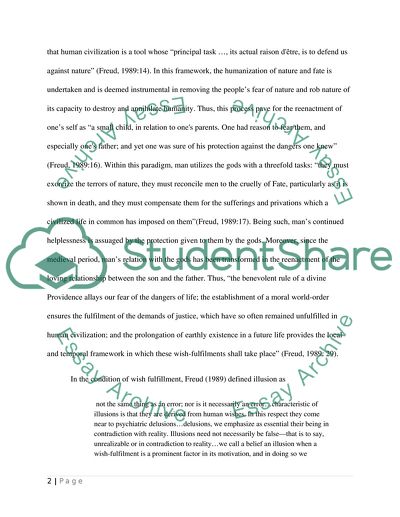Cite this document
(Do you Agree that Religion is an Illusion Assignment, n.d.)
Do you Agree that Religion is an Illusion Assignment. Retrieved from https://studentshare.org/religion-and-theology/1568059-theology-essay
Do you Agree that Religion is an Illusion Assignment. Retrieved from https://studentshare.org/religion-and-theology/1568059-theology-essay
(Do You Agree That Religion Is an Illusion Assignment)
Do You Agree That Religion Is an Illusion Assignment. https://studentshare.org/religion-and-theology/1568059-theology-essay.
Do You Agree That Religion Is an Illusion Assignment. https://studentshare.org/religion-and-theology/1568059-theology-essay.
“Do You Agree That Religion Is an Illusion Assignment”, n.d. https://studentshare.org/religion-and-theology/1568059-theology-essay.


